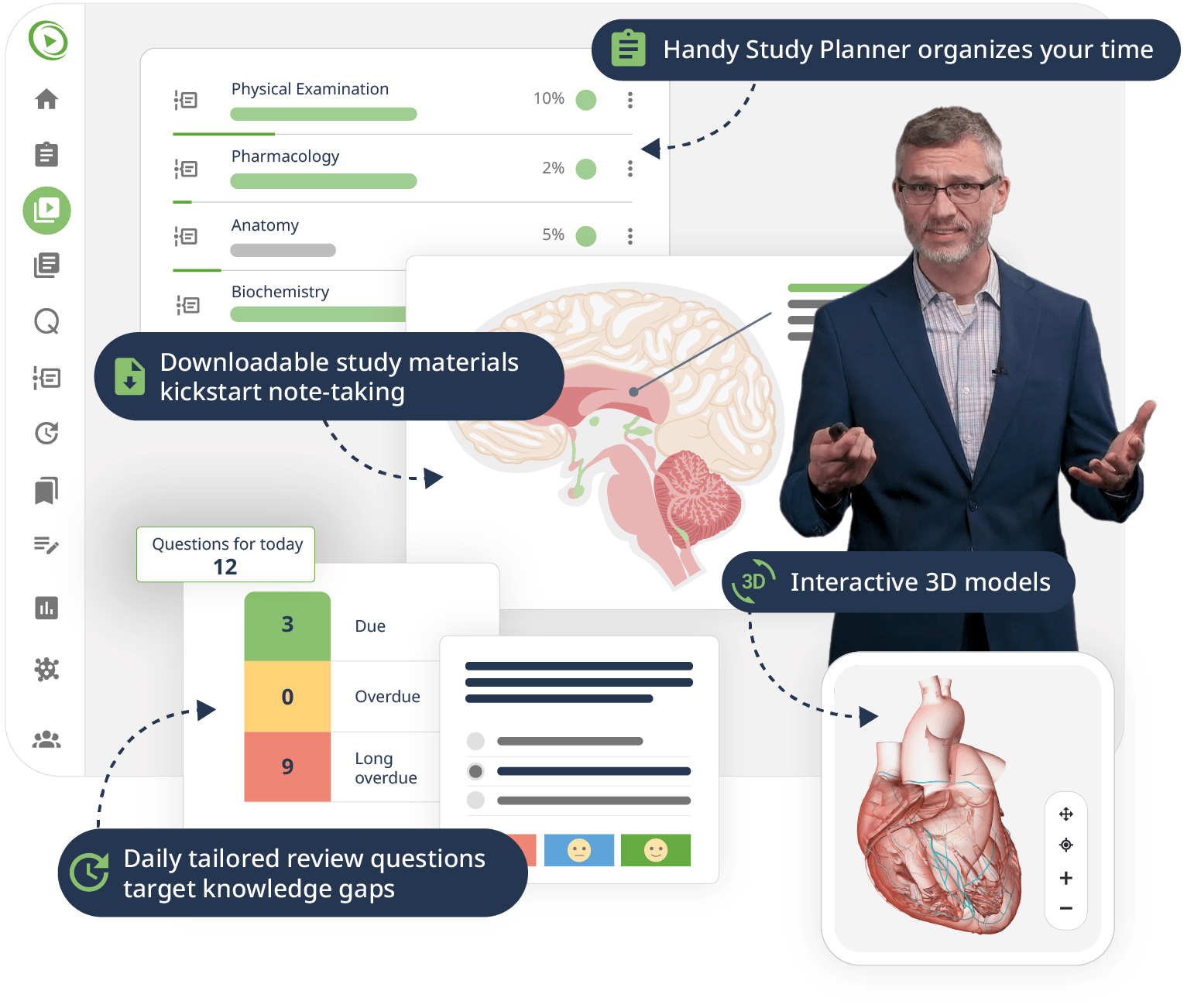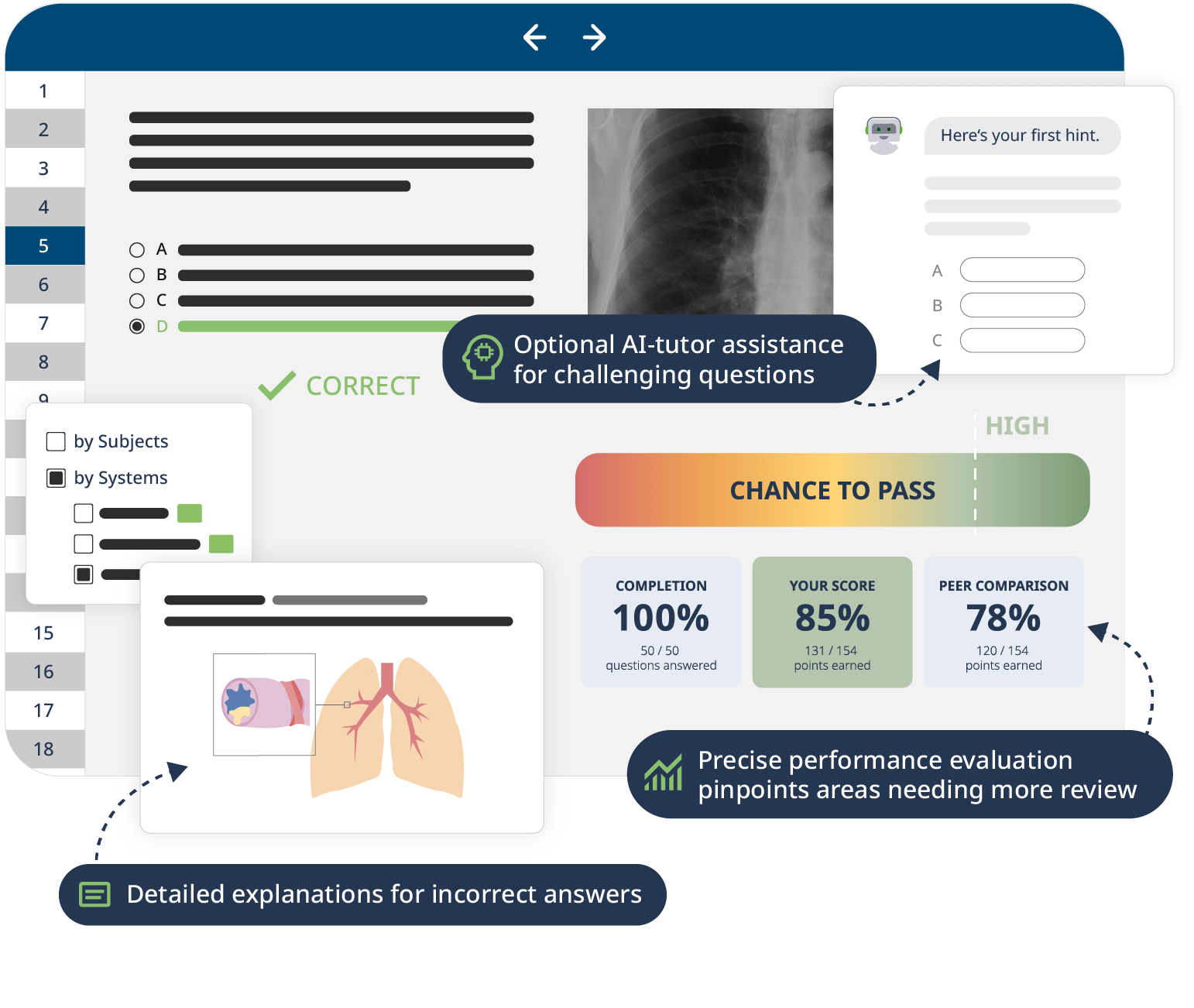Start your online genetics class
with experienced educator Georgina Cornwall, PhD
Although they may not be as prevalent as other disorders, being able to recognize genetic disorders early and directing patients to the correct specialty is important and helps improve patient outcomes. Developing an eye for the multiple variants of genetic syndromes and inherited conditions can be challenging.
This course covers the diagnosis and management of inherited disorders, including those related to chromosomes, single mutations, multiple mutations, and translocations. Building on an introduction to the basic concepts of genetics (including gene expression and inheritance patterns), Georgina Cornwall, PhD will walk you through how to recognize and treat each group of disorders effectively. Additionally, you will get an overview of the key topics of population genetics, including the Hardy-Weinberg principle, cancer genetics, and an introduction to genetic counselling and prenatal screening.
The combination of Video Lessons with interactive quiz questions, downloadable study materials, and a USMLE-style Qbank makes it easy to understand and retain the topics. By the end of this course, you will have a comprehensive understanding of medical genetics, and feel more prepared to diagnose and manage genetic disorders effectively.


















